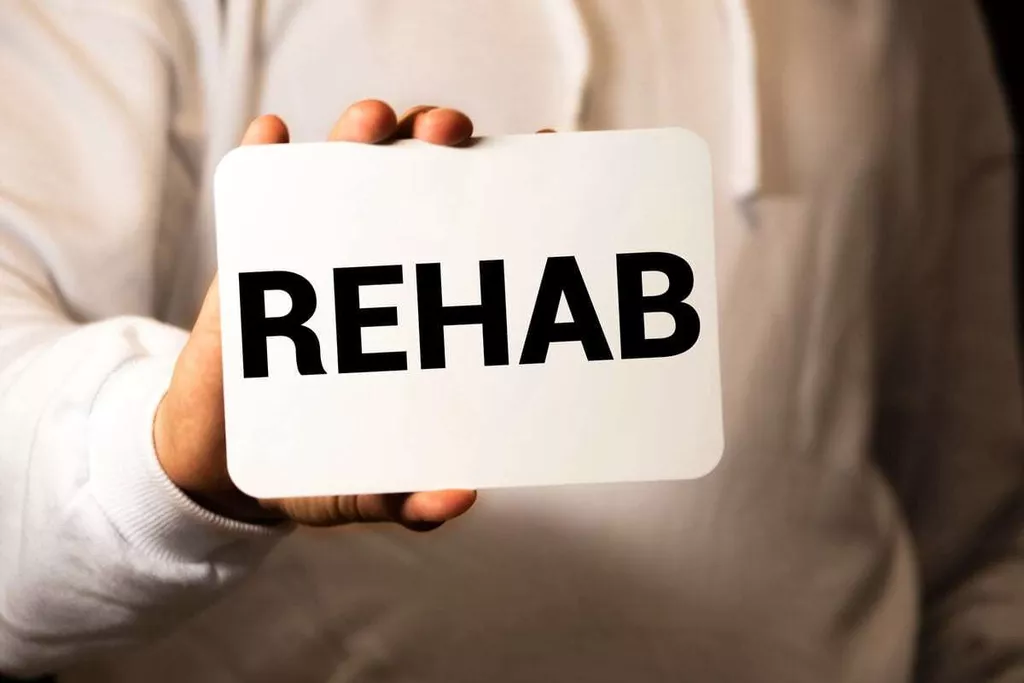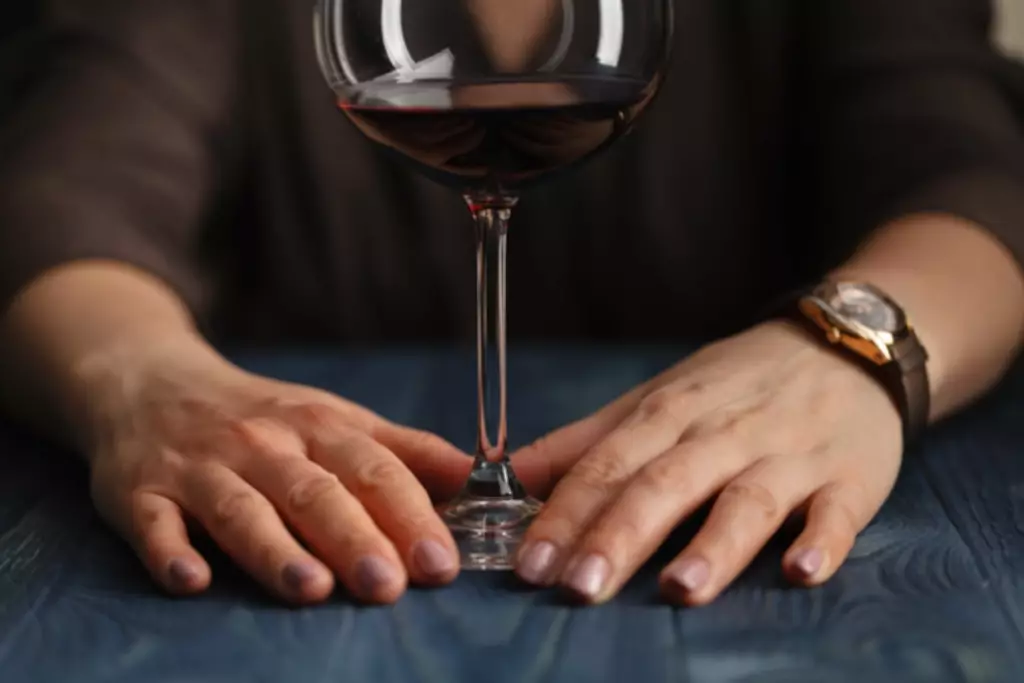
Seeking professional help from therapists or counselors specializing in addiction can provide valuable insights into managing cravings effectively. Professionals can offer personalized strategies tailored to individual needs. Building a robust support system is crucial when trying to overcome alcohol cravings. Friends, family members, or support groups provide encouragement and accountability throughout the journey.
How Does Naltrexone Work?
Whether it’s reading, painting, gardening, or playing an instrument, immersing yourself in an activity you love can help the craving pass. Remove alcohol from your home and surround yourself with a supportive and alcohol-free living environment. This can help reduce the accessibility and temptation of alcohol. Consider how giving into an urge keeps it alive while not giving into the urge slowly kills it.
Identifying Triggers
A balanced diet can significantly contribute to the success of a recovery journey. It ensures that the body gets all the essential nutrients it needs, which can reduce cravings and support overall health. Sometimes, a craving might feel overwhelmingly strong, like a scream inside your head. In these intense moments, a technique called Thought Field Therapy (TFT) can be surprisingly effective.
Need Help from Professionals to Manage Alcohol Cravings?

It’s important to understand that this isn’t a sign of failure or a punishment; it’s a predictable physiological response. Symptoms can range from mild anxiety, irritability, and poor sleep to more severe manifestations like tremors, sweating, nausea, and in rare, heavy cases, hallucinations or seizures. If you experience severe symptoms, seeking medical assistance is paramount. A doctor can prescribe medication to ease this process, making it safer and more comfortable. This is not a sign of weakness; it’s basic self-preservation, ensuring your transition is as smooth as possible.

But once you step off that treadmill, the real world, in all its vibrant high-definition, comes into focus. If you’re reading this, it’s likely a quiet, nagging voice has been whispering in your ear, suggesting that your relationship with alcohol isn’t quite right. Perhaps you’ve caught a glimpse of an overflowing recycling bin, or woken up to the awkward memory of a night that spun a bit too far out of control. These aren’t just minor blips; they’re the early seeds of doubt, the first cracks in the grand illusion that alcohol has painted for you your entire life. You’re not alone in sensing this dissonance, and the very fact you’re here, seeking answers, puts you in an elite group ready to confront the truth. Engaging in shadow work, a process of facing and integrating repressed parts of yourself, can be transformative in recovery.

This can help you acknowledge the craving without acting on it. how to help with alcohol cravings Most health professionals will offer various treatment options like this. Reaching out to a supportive friend or family member can make a significant difference.
- This mental transformation allows you to approach social situations differently.
- Other people might only need to take the medication at times when they know they’ll feel triggered to drink.
- If you can find a pure or reliable source of CBD, it might be worth trying as a supplement for alcohol withdrawal.
- If you misuse alcohol or drugs, take this time to enter treatment so you can heal and be a better support for your loved one.
- Some methods are more helpful early on in your efforts to change your drinking, whether it be to cut back or to stop drinking entirely.
It can be an especially good alcohol recovery supplement for people with liver damage. Studies show that glycine is useful in treating both alcoholic hepatitis and carcinoma caused by alcoholic cirrhosis. Even if you are not suffering from these conditions, taking glycine may help protect your liver if you have a history of heavy drinking. Caring for your whole self as you overcome alcohol addiction is critical to lasting success. Restoring your body’s nutrient levels after quitting alcohol can benefit both your physical and mental well-being. This contributes to greater stability in recovery, making it easier to stick with sobriety.
- Initially, during acute alcohol withdrawal, they can be very intense.
- Read on for five (5) practical ideas on how to cope with urges and cravings after you have decided to abstain from drugs and alcohol.
- Therapist-moderated support groups can help provide peer encouragement and accountability throughout your journey with moderation or abstinence.
- There’s a more intelligent way to break free, and it begins with understanding how alcohol truly operates and how to disarm its seductive power.
- In some cases, especially in-patient rehabilitation settings, naltrexone is prescribed for a short period of time.
Treatment Options
At 12 South Recovery, our specialists create a personalized plan to identify the most effective medication and adjust it as needed. We provide both mental health and medical oversight to ensure safe treatment. Several FDA-approved medications are available to reduce or block alcohol cravings. They work in different ways, some by altering brain chemistry, others by blocking the pleasure receptors alcohol usually stimulates. Managing alcohol cravings is a vital part of maintaining sobriety. Connect with an alcohol rehab to get the support you need to meet your recovery goals.
In addition to supplements for alcohol cravings, there are several prescription medications that can help you cut back or quit drinking. Naltrexone can help retrain your brain to be less interested in alcohol over time, while acamprosate, baclofen, gabapentin, and topiramate can all help reduce cravings for alcohol. Learn more about medications for alcohol cravings, and other ways to round out your support system in recovery. Effective strategies for overcoming alcohol cravings include mindfulness and meditation.

Behavioral Therapy
Spicy foods can be a helpful distraction from alcohol cravings. They Substance abuse trigger an endorphin release similar to the one that alcohol stimulates, making them an effective substitute. Nuts and seeds are packed with healthy fats, proteins, and fibers, making them a perfect snack to curb alcohol cravings. Plus, they are loaded with essential nutrients like magnesium, which may alleviate alcohol cravings. Furthermore, research has shown that alcohol cravings can also be influenced by genetic factors. Certain individuals may have a genetic predisposition to experiencing stronger cravings for alcohol, making it even more challenging to overcome addiction.
